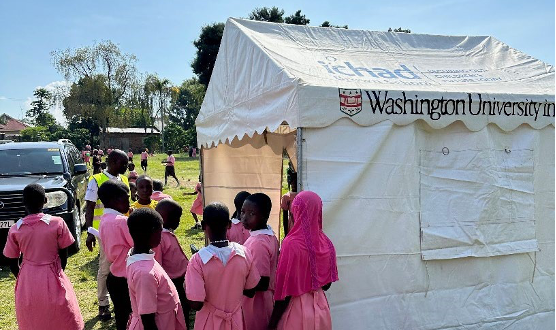NEW STUDY: BRIDGES2SCALE
Ssewamala, Powell and colleagues awarded $3.5M to study implementation strategies of scaling up economic empowerment interventions in Uganda
Fred Ssewamala, the William E. Gordon Distinguished Professor at the Brown School and Dir

Powell
ector of the International Center for Child Health and Development (ICHAD), along with colleagues Byron Powell, Co-Director of the Brown School’s Center for Mental Health Services Research, at Washington University in St. Louis, Noeline Nakasujja from Makerere University, and colleagues at ICHAD have been awarded $3.5 million from the National Institutes of Health’s Eunice Kennedy Shriver National Institute of Child Health & Human Development (NICHD) for a new five-year study in Uganda, one of the Sub-Saharan African countries hardest hit by poverty and HIV/AIDS.
The new study, Bridges2Scale study (2023-2028), will examine the use of implementation strategies to best support the implementation, scale-up, and sustainment of the Bridges to the Future intervention. Bridges is a multi-component economic empowerment intervention that has demonstrated effectiveness on HIV prevention, care and support in four NIH-funded randomized control trials (RCTs) in Uganda and one foundation-funded study in Kenya. Sub-Saharan Africa, a region dominated by low-resource communities and relatively poor families, is experiencing rising HIV prevalence among adolescents and youth. Household economic hardships heighten the risk for adolescent and youth engagement in health-compromising behaviors and their poor engagement with care. This increases their risk of contracting and transmitting HIV and nonadherence to antiretroviral therapy (ART) treatment. The Bridges intervention has shown robust effects on HIV-related risk-taking behaviors, ART adherence, mental health, psychosocial outcomes, educational achievement, family economics, and family cohesion, among adolescents and youth affected by HIV and AIDS. Yet, scaling economic empowerment interventions has been a challenge.
Dr. Ssewamala said, “Based on our 10+ years of research in the region, we know this intervention works. With this new study, we now are embarking on examining how to best support the implementation, scale-up, and sustainment of economic empowerment interventions, which have been proven to be highly efficacious in improving youth-focused HIV prevention, care, and support outcomes, but are yet to be widely scaled-up.”
Hence, the Bridges2Scale study will use two multifaceted implementation strategies (standard vs. enhanced) for scaling up the intervention among 1440 adolescents and youth affected by HIV across 48 public primary schools in the Greater Masaka region of Uganda, working with at least four national financial institutions, and several non-governmental organizations. The standard implementation strategy, utilized in previous randomized controlled trials, involves educational meetings that prepare staff members to deliver the Bridges intervention with minimal disruption to school site workflow. This will be compared to an enhanced strategy that will be developed using Implementation Mapping, a systematic protocol for developing implementation strategies using theory, evidence, and stakeholder input.
“Given the very promising evidence generated thus far for this intervention using rigorous and contextually relevant RCTs in Uganda, identifying and testing implementation strategies for taking Bridges to scale is innovative and timely,” said Powell. “The study offers an opportunity to contribute to the knowledge on the overall effectiveness of the community-level contextually relevant strategies being tested, and to capture the unique mechanisms of change from each strategy.”
“We eagerly anticipate witnessing Dr. Ssewamala and his colleagues propel this promising endeavor into the realm of advanced implementation science,” Dorian Traube, Neidorff Family and Centene Corporation Dean of the Brown School said. “I commend the collaborative teamwork and dedicated focus demonstrated in this new project, all of which align seamlessly with Washington University’s Here and Next Strategic Plan.“
Findings from this study could contribute significantly to achieving global HIV prevention and treatment targets, particularly among underserved populations in low-resource communities. Disseminating and scaling up such intervention approaches designed collaboratively with the communities is critical to the HIV/AIDS field to achieve the HIV prevention and treatment targets identified by HIV/AIDS global leadership.
The study team includes Ozge Sensoy Bahar, Proscovia Nabunya, Rachel Brathwaite, Derek Brown and Mary McKayfrom the Brown School, and in-country research and implementing partners, Fred Semitala (Makerere University), Barbara Mukasa (Mildmay Uganda), and Abel Mwebembezi (Reach the Youth Uganda).
For more information about the Bridges2Scale study and studies conducted by the International Center for Child Health and Development (ICHAD), please visit the ICHAD website or contact Laura Peer, lpeer@wustl.edu.

Students gather at an ICHAD data collection site near their school in Masaka, Uganda


